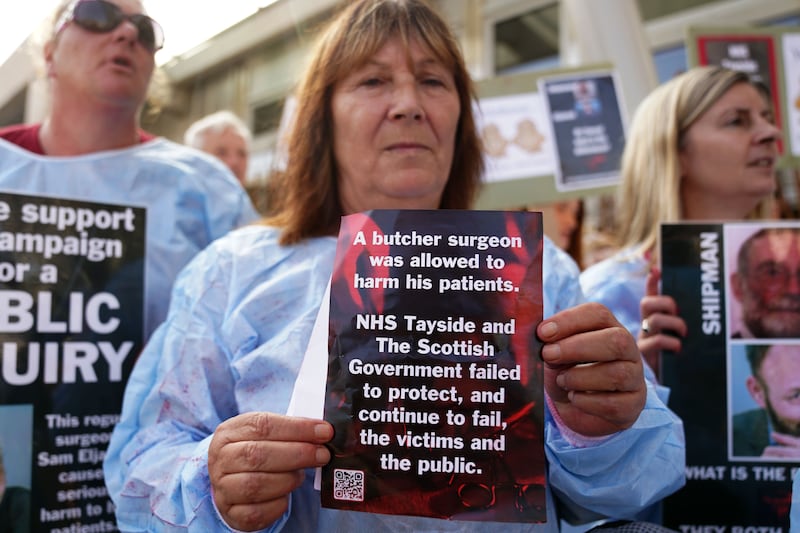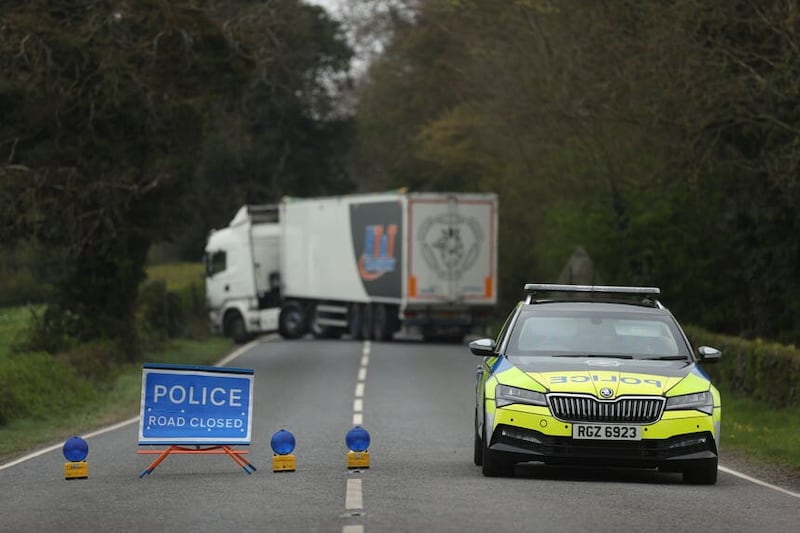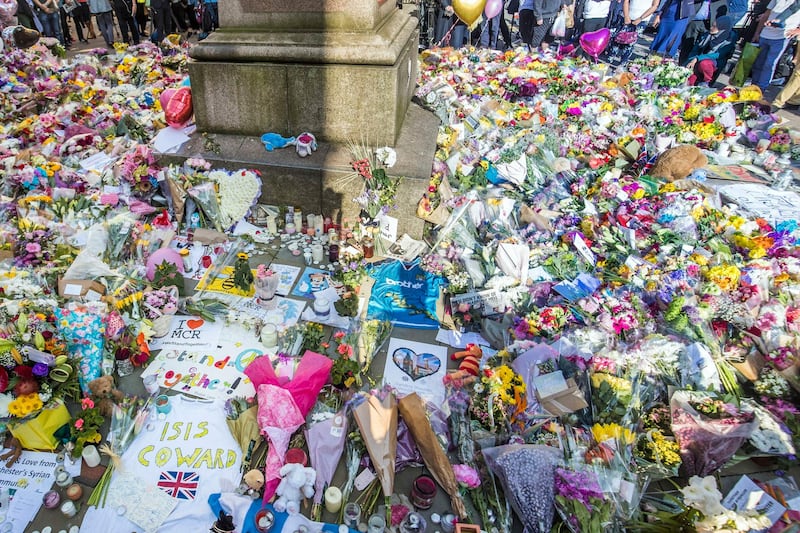It is generally believed that the British government will have to confirm sooner or later that a full public inquiry is to be held into all aspects of the covid crisis.
The former head of the UK civil service, Lord Kerslake, is already on record as saying that such an investigation is inevitable and general preparations for it should already be under way.
There will be intense interest in the terms of reference attached to the probe, which is likely to be headed by a senior judge, but no one at an official level has so far been prepared to speculate on a related timetable.
The enormous range of issues associated with the initiative will be intimidating, and, even if agreement can be established on the nature of the hearings, it may well be a period of years before the findings are eventually published.
No one will need be reminded that, after the Stormont Assembly in January 2017 voted for a public inquiry into the Renewable Heat Incentive scandal – a serious matter but not one which could be even vaguely compared to the sheer scale of coronavirus – it took 38 months for the final report to be released.
It would be entirely unacceptable if the significant number of grieving relatives who have lost loved ones in disturbing and often contradictory circumstances in nursing homes during the pandemic had to wait for a period of years before any their concerns were addressed in any way.
As we reported yesterday, the justice campaigner Professor Phil Scraton has spoken out firmly in favour of holding inquests into cases where elderly residents are suspected to have died as the result of a lack of appropriate equipment or other failings.
Professor Scraton, who is based at Queen’s University in Belfast, has been involved in inquest work for 30 years, leading the independent research panel into the Hillsborough football ground disaster, has already outlined his proposal to the Stormont justice minister Naomi Long and Northern Ireland’s chief coroner.
Inquests cannot be expected to provide full explanations of every aspect of a tragic death, but they can clearly help to provide families with at least some answers and prevent any avoidable mistakes from being repeated. Professor Scraton’s intervention deserves a positive response from the authorities.








